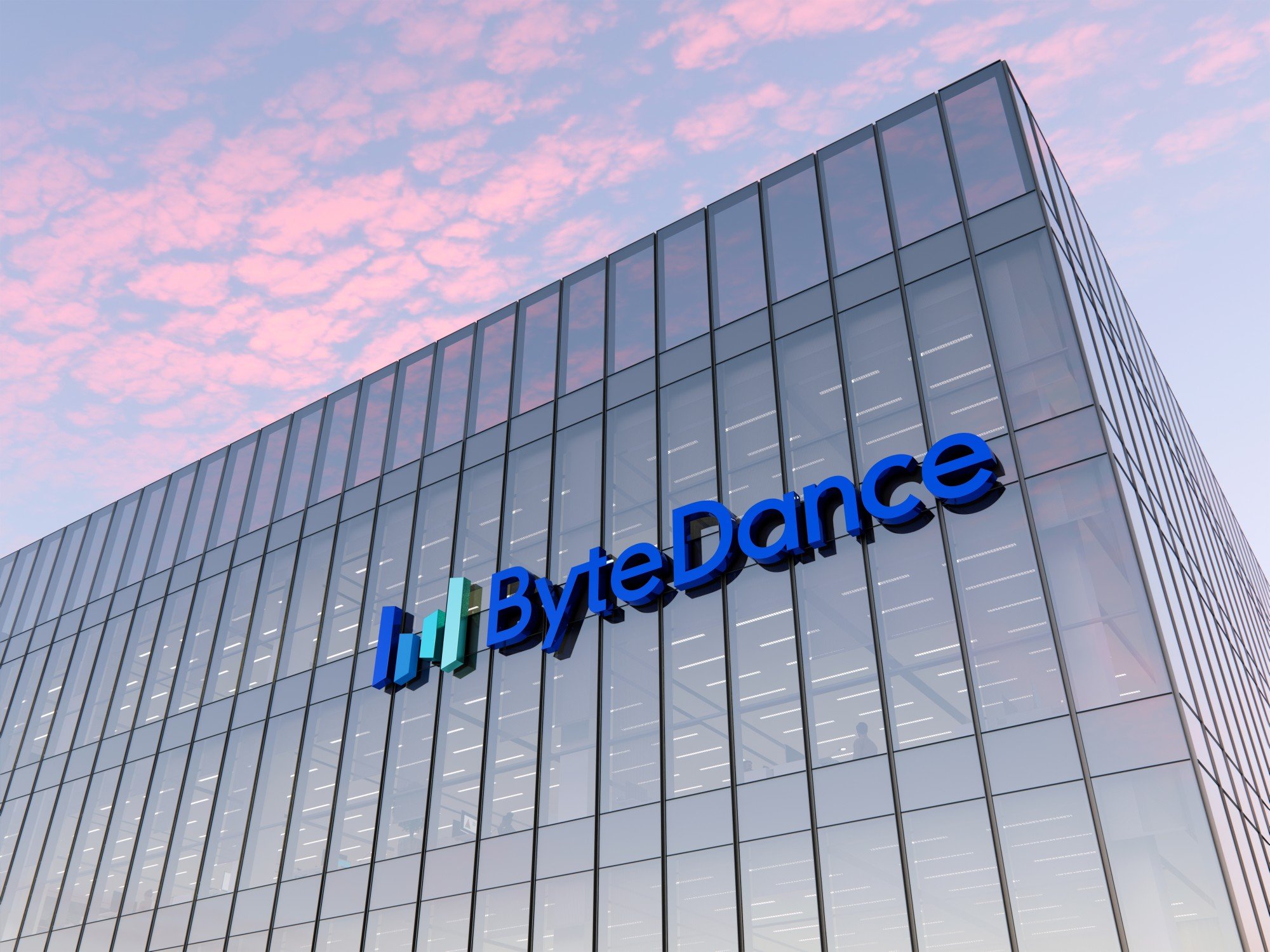
Exclusive | TikTok’s owner ByteDance to add four directors to expand its board to nine amid growing US scrutiny over the app’s Beijing link
- ByteDance’s current board represents four major investors in the company, as well as chief executive Liang Rubo, who took over from founder Zhang Yiming last year
- With more than 1 billion TikTok users globally, the new board will face a challenging task in dealing with scrutiny from regulators, advertisers and consumers
ByteDance, the Chinese owner of short video hit TikTok, will add four seats to its board, increasing the number of directors to nine, according to two people familiar with the matter, a move that comes as the company faces an increasingly complex global environment.
The proposal to increase the board size received approval at its extraordinary shareholders meeting on Tuesday, paving the way for the biggest change to its board since the company was formed, according to one of the two sources, who both declined to be named as they are not authorised to speak to the media.
It is not known whether any of the existing board members will be replaced. The nationalities of the new board members are also unknown.
A ByteDance representative said on Wednesday that the company proposed to change “the maximum size of the board” at the shareholder meeting, without further elaborating.
UK eyes big TikTok fine over child privacy lapse
For now, ByteDance’s board consists of Bill Ford of General Atlantic, Arthur Dantchik of Susquehanna International Group, Coatue Management’s Philippe Laffont, Neil Shen from Sequoia China, and ByteDance chief executive Liang Rubo, according to a letter TikTok CEO Shou Zi Chew gave US lawmakers in June on TikTok’s alleged links to the Chinese government.
Although the ByteDance board, which is incorporated in the Cayman Islands, is the corporate decision-making body of the company, 39-year-old Zhang still exerts huge influence even though he has resigned from the board, according to one source familiar with the situation.
Zhang’s influence comes from his close ties to Liang and a special share arrangement that gives him a bigger share of voting rights, the source added.

As TikTok has gained huge influence in Western markets – the app had over 1 billion users as of September last year – the new line-up of ByteDance directors will face a challenging task to assure regulators, advertisers and consumers that the video platform is an independent app that will not transfer data to the Chinese government.
In the US, a major market for TikTok, a fresh wave of scrutiny is fermenting over its alleged Chinese links. The Biden administration and TikTok have drafted a preliminary deal to resolve national security concerns, but the deal faces hurdles as TikTok is trying to maintain its ownership structure, The New York Times reported on Monday, citing four unidentified sources.
In 2020, former US President Donald Trump tried to force ByteDance to sell TikTok to American investors, but the plan did not pan out. Amid the negative publicity, ByteDance deleted its corporate chart and board of directors’ information from its website.
Meanwhile, the company’s initial public offering plan remains up in the air with some of its earlier investors trying to cash out.

The shareholder meeting was conducted completely in English “without translation”, with more than 100 delegates dialling in. ByteDance’s Hong Kong and Singapore offices were open on Tuesday so that investors could sit in, but most chose to dial into the conference remotely using Lark, ByteDance’s business conferencing and collaboration tool.


